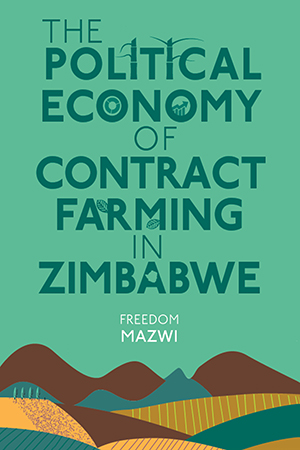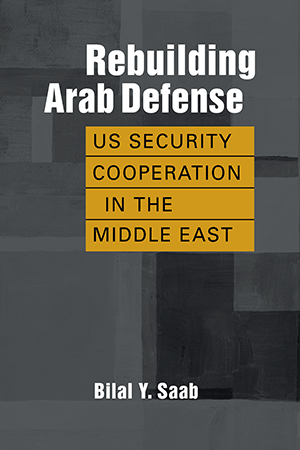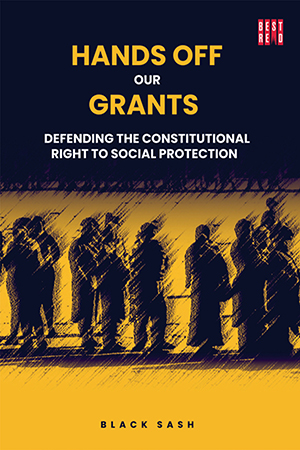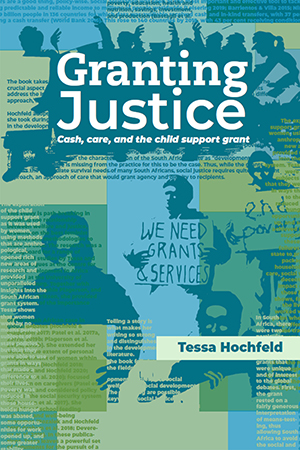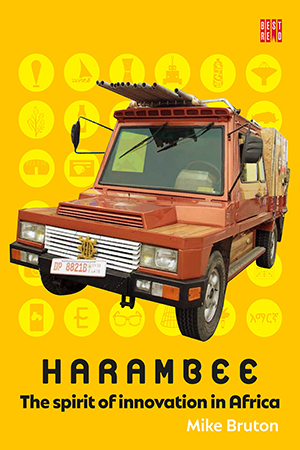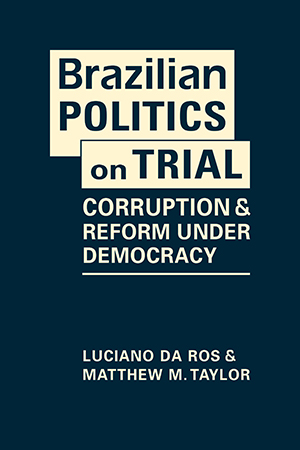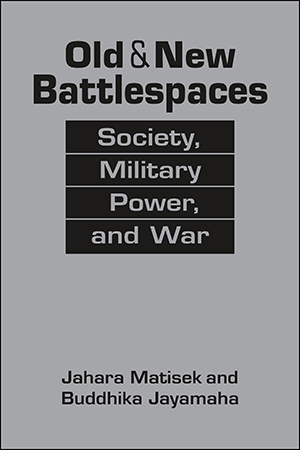BOOKS
Freedom Mazwi examines patterns of agricultural finance in Zimbabwe since the radical Fast Track Land Resettlement Programme (FTLRP) was implemented in 2000—and, especially, the More >
After decades of US military assistance in the Middle East—providing expensive weapons systems and conducting military exercises—why are the military capabilities of US allies in More >
In 2012, South Africa's social welfare system came under attack. Enormous sums of money were siphoned from South African Social Security Agency accounts—allegedly with the More >
Inspired by the scholarship of US critical theorist and feminist Nancy Fraser, Granting Justice draws on the stories of six South African women who rely on financial assistance programs for More >
Once impassable and inhospitable, both the Arctic region and Antarctica are rapidly emerging as geopolitically strategic hot spots. As Ryan Burke writes in The Polar Pivot, the ice is More >
In the more than a decade since the enactment of the Affordable Care Act, questions about the law continue to be vigorously debated. What political dynamics led to its passage? Why has it More >
How many inventions come from Africa? How many African countries have produced their own cars? Why is the M-Pesa mobile money system so important? Is the nature of innovation in Africa More >
It has long been accepted wisdom that Germany's infantrymen possessed superior tactical ability relative to their Anglo-American adversaries in World War II. Now, drawing on newly More >
Brazil's democracy has repeatedly suffered major corruption scandals, despite numerous reforms designed to overcome entrenched patterns of illicit behavior. Why? What has caused More >
War is changing. The cybersphere, civil society, outer space ... all are emerging as domains in which battles are fought. What drives this shift? How is it affecting the character and More >



